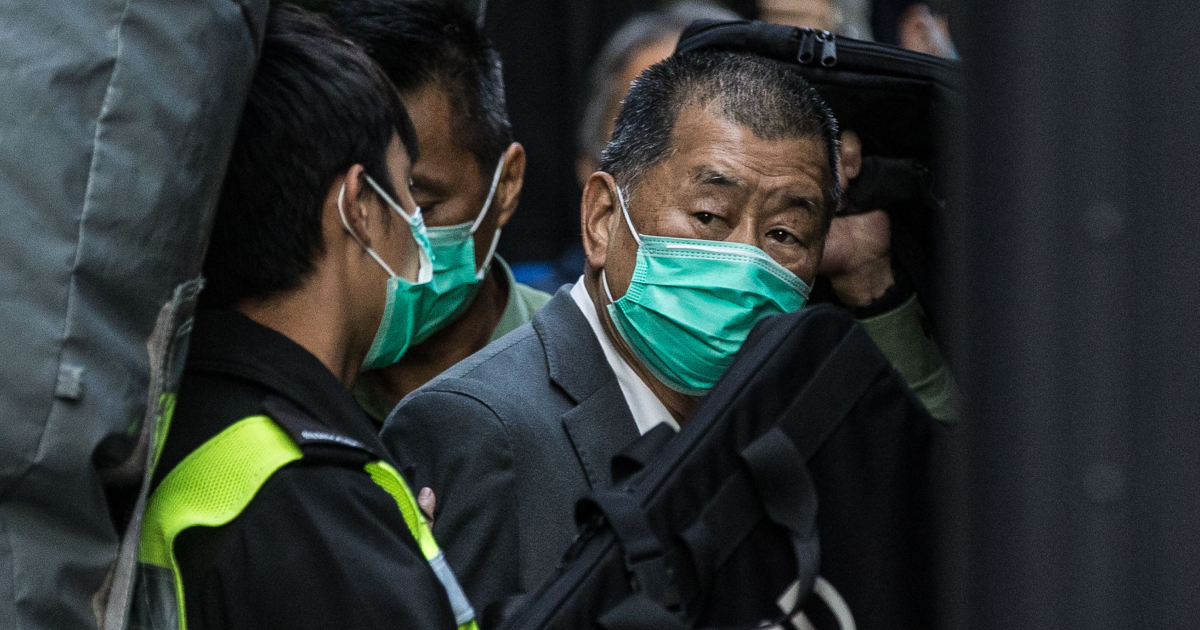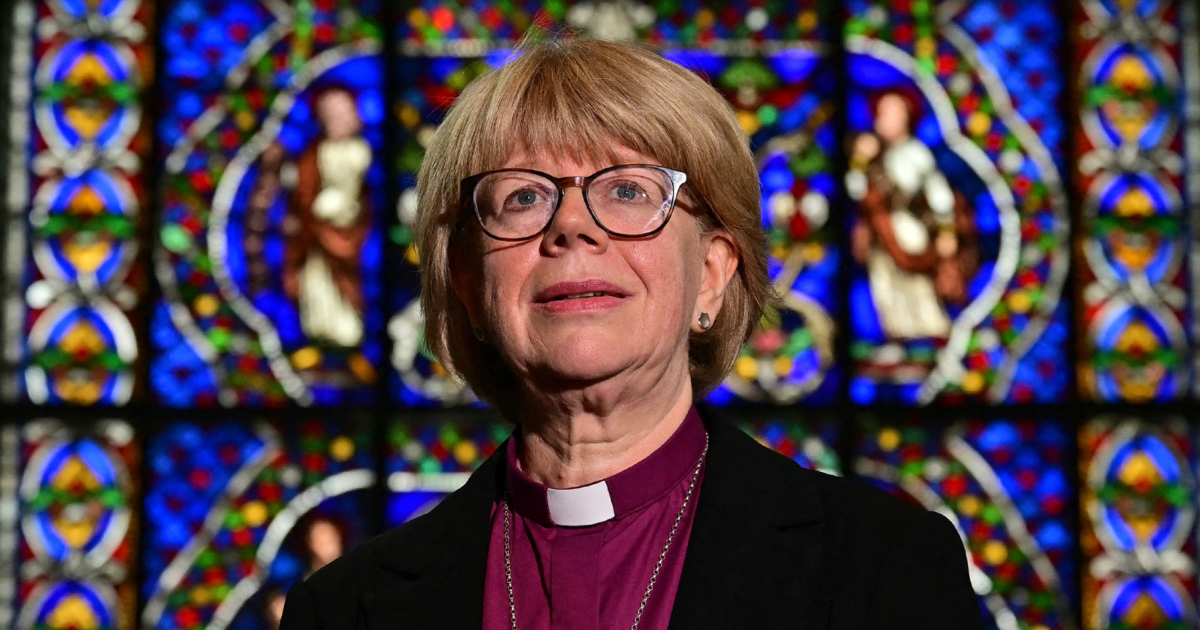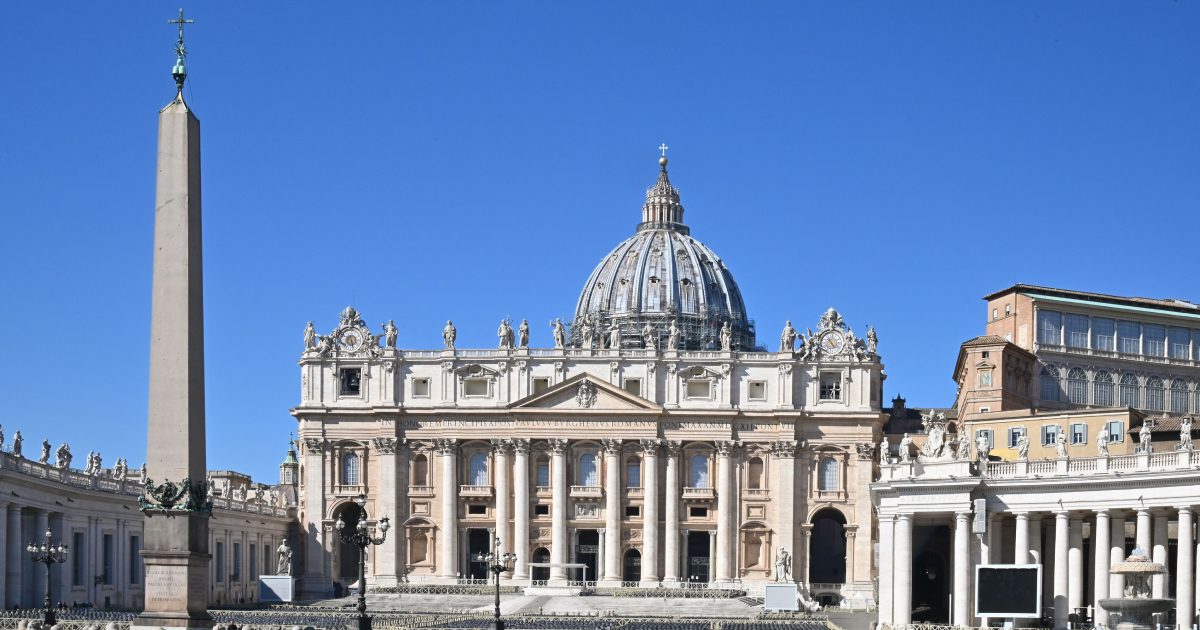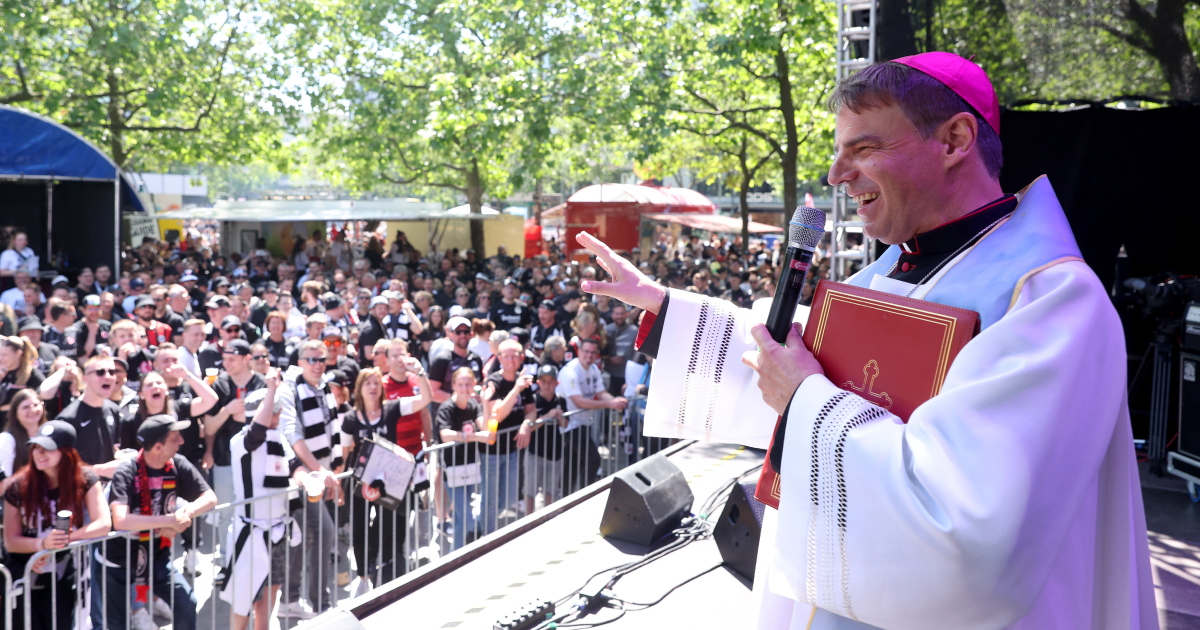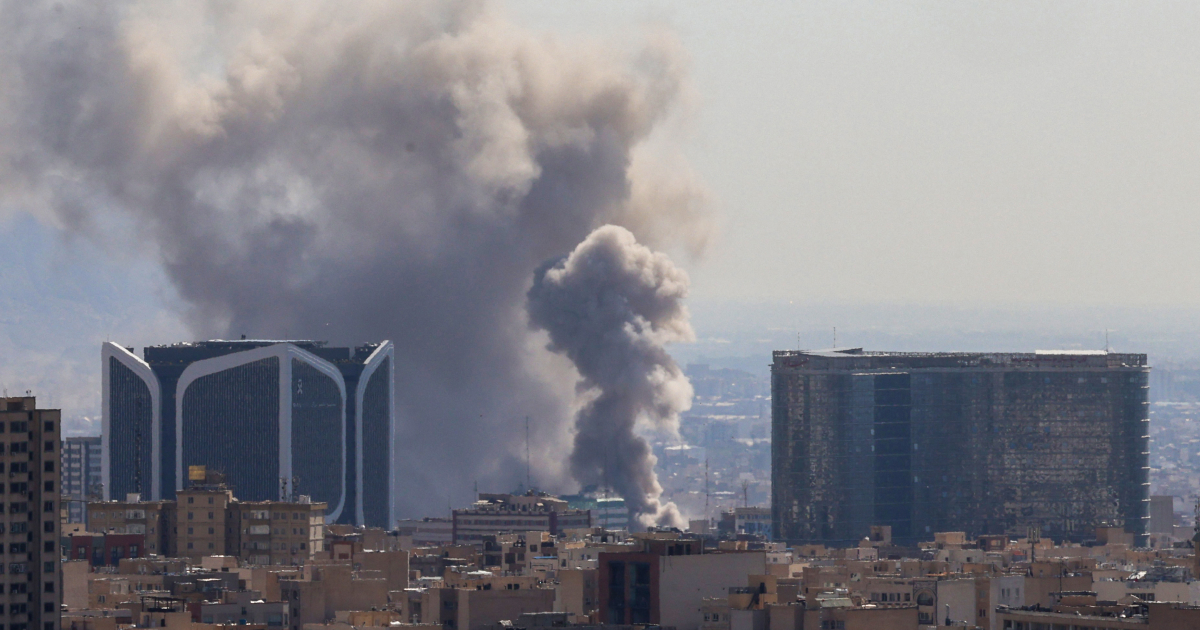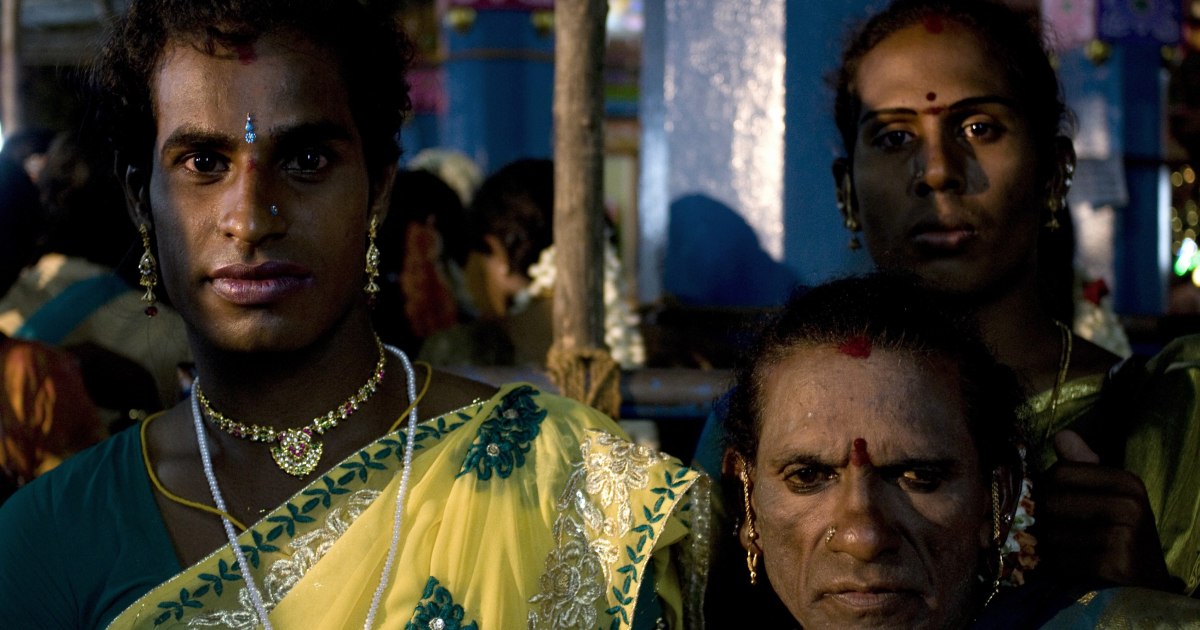Three seminarians were kidnapped in Nigeria’s Edo State on 10 July, adding to the escalating crisis of abductions across the country, with Christians increasingly being targeted.
The attack took place shortly after 9.00pm local time at the Immaculate Conception Minor Seminary in Ivhianokpodi, according to a 11 July statement from the Diocese of Auchi, signed by its director of communications, Father Peter Egielewa.
He said armed assailants stormed the facility, abducted three students, and killed a security guard. The seminarians were taken into the bush.
He added that the remaining seminarians had been moved to what he described as “a safe area until security measures around the seminary are tightened.”
“Unfortunately, no communication has been had with the abductors yet,” he said.
Police described the incident as “a senseless act of violence against a religious institution and innocent young students.” The statement condemned the attack as “not only barbaric, but also a direct attack on public peace and security.”
In an interview with ACI Africa, Bishop Gabriel Ghiakhomo Dunia of Auchi urged the parents of the abducted seminarians to remain calm and not be “crushed by fear, threats, or intimidation.”
“These things are not happening only at the seminary. Some seminarians have even been kidnapped from their homes while on holiday. We must remain vigilant and do all we can to protect them,” he said.
Bishop Dunia said he was in the United States when he received news of the abduction and extended his “deepest condolences to the family of the gallant officer who was killed.”
He noted that the attack was especially troubling, given that measures had been taken to secure the seminary following a previous incident on 27 October 2024. On that occasion, the seminary’s rector, Father Thomas Oyode, was kidnapped and taken into the bush after offering himself in place of two students originally targeted by the attackers. He was released after 11 days in captivity.
Bishop Dunia blamed the security forces for failing in their duty, leading to the latest kidnapping.
“There were supposed to be five civil defence officers and ten local vigilantes stationed around the compound, at the gates and behind the seminary. I don’t understand why they weren’t there. We had even paid for the deployment of mobile police (MOPOL) units to provide permanent security, yet they never resumed work,” he said.
The latest incident underscores the worsening security situation in Nigeria. On 1 June, a Nigerian Catholic priest who had recently served in the United States was abducted by Boko Haram, along with other travellers, near the northeastern town of Gwoza, close to the border with Cameroon.
On 26 March, the Pontifical charity Aid to the Church in Need reported that the number of clergy and religious kidnapped in Nigeria since the start of 2025 had risen to 12. Two of them – Father Sylvester Okechukwu and seminarian Andrew Peter – were murdered by their abductors.
These numbers make the first quarter of 2025 the worst since 2022, when seven religious were kidnapped, with one killed. In 2023, two were kidnapped and one killed. Last year, three were abducted and one murdered.
Between 2015 and early 2025, 145 priests were kidnapped in Nigeria.
A recent report by Beacon Security and Intelligence Limited (BSIL), a Nigerian private security firm, found that 5,400 kidnappings were recorded in the first months of 2025, alongside 6,800 deaths in the same period.
Since 2009, Nigeria has been plagued by a Boko Haram insurgency seeking to establish a caliphate across the Sahel. The campaign has been intensified by other terrorist groups such as Fulani jihadist herdsmen and Islamic State West Africa Province (ISWAP).
Christians are frequently targeted by these groups – not only kidnapped, but often killed.
“The violence targeting priests and Christian communities in Nigeria has deeply wounded the soul of the Church,” said Maria Lozano, Director of Press and Media at Aid to the Church in Need International.
“Beyond the immediate threat to life, there is a silent suffering that weighs heavily on daily life. In many regions, pastoral ministry has been deeply affected – catechesis is limited, liturgical celebrations are held in pain, and priests are often forced to restrict their movements for safety,” she told Crux.
“In areas like Benue, the Middle Belt, or southern Kaduna, some communities are burying victims month after month. These are not isolated events – it has become a sustained process of suffering. Bishops and priests continue to fulfil their prophetic mission, but many are exhausted. Some have told us: ‘Sometimes, we have no words left.’ Because how do you console parishioners who have been attacked several times? What do you say to someone who has lost multiple members of their family?”
The lack of centralised data, the complexity of the violence, and underreporting make it difficult to establish exact figures for Christians killed and kidnapped. However, based on reports from organisations such as Open Doors, International Christian Concern, SBM Intelligence, ACLED and Intersociety, a general estimate suggests that at least 60,000 Christians have been killed in Nigeria since 2009.
Open Doors’ World Watch List estimates that over 13,000 Christians were killed for their faith in Nigeria between January 2015 and December 2023, while 12,000 were kidnapped. ACLED puts the death toll even higher – at least 50,000 within the same period.
A report by the Catholic-inspired NGO International Society for Civil Liberties and the Rule of Law (Intersociety), released on 14 February 2024, said Nigeria had become “the second deadliest genocide-country in the world,” accounting for more than 150,000 religiously motivated civilian deaths since 2009. It said Nigeria’s death toll is surpassed only by Syria, where a civil war has claimed over 306,000 civilian lives since 2011.
The same report stated that 18,500 Christian churches had been attacked, 1,100 Christian communities sacked, and more than 15 million Christians displaced. Around 2,200 Christian schools were burned, and approximately 34,000 moderate Muslims were also killed in Islamist attacks.
According to a BBC investigation, at least 9,000 Christians are killed globally each year – and 90 per cent of them are in Nigeria.
Intersociety Director Emeka Umeagbalasi told Crux that the killings and kidnappings “are often done with the complicity of the Nigerian government and the Nigerian security forces.”
“What Nigeria has is a jihadist military,” he said.
Faced with an untrustworthy military, many Christian leaders in Nigeria have, on various occasions, suggested that Christians must consider defending themselves.
Nwankwo Tony Nwaezeigwe, President of the International Coalition Against Christian Genocide in Nigeria (ICAC-GEN) and Director of Public Affairs, told Crux it was time Nigerian Christians considered taking up arms in self-defence.
Archbishop Ignatius Kaigama of Abuja has expressed a similar view, calling self-defence a form of “natural justice” that protects against “bloodthirsty criminals.”





.jpg)


